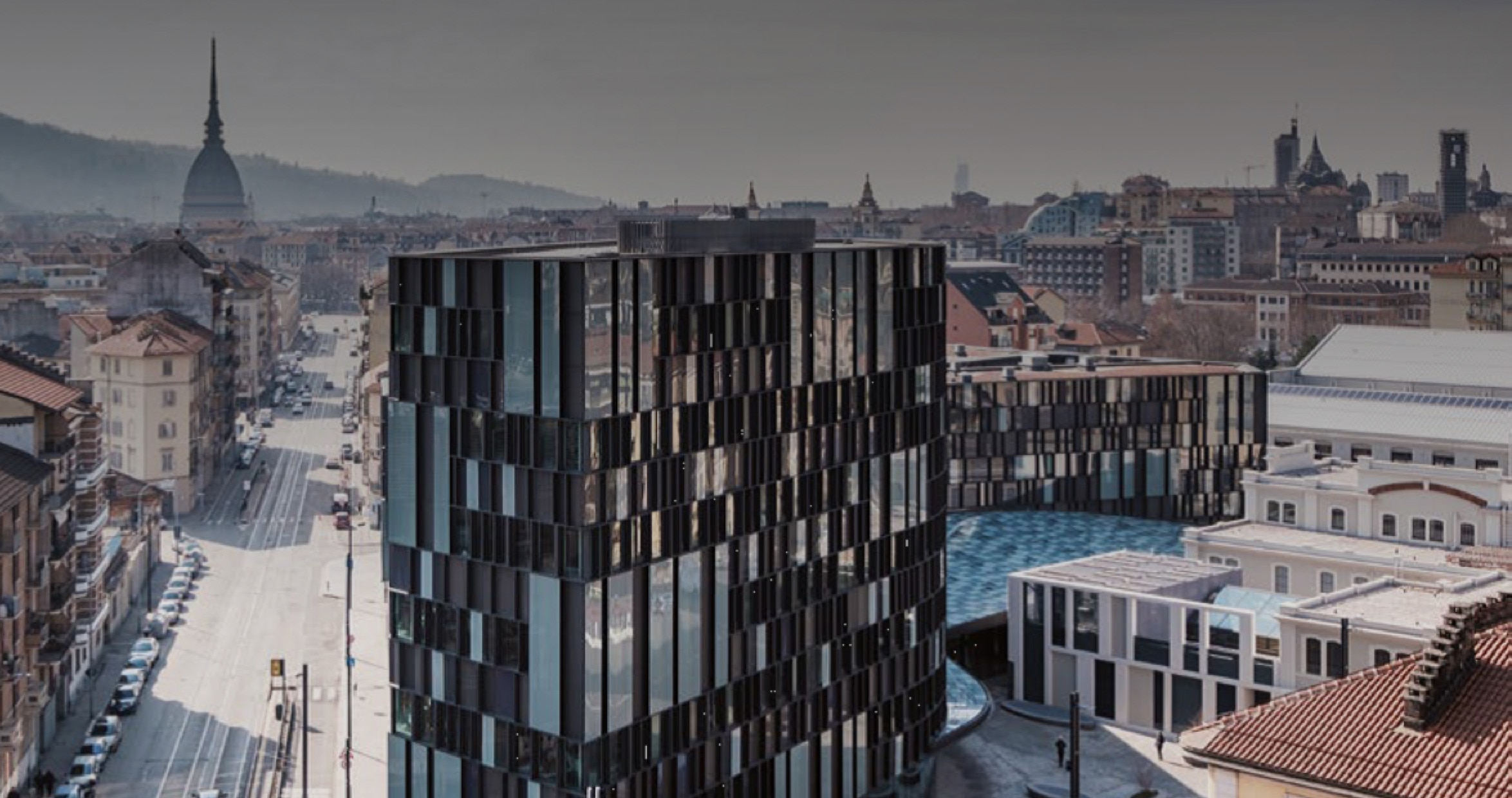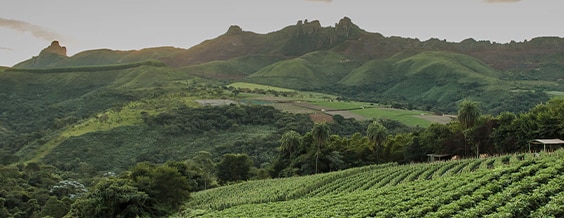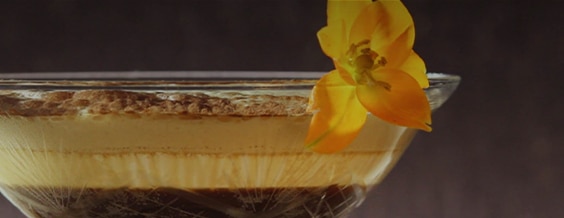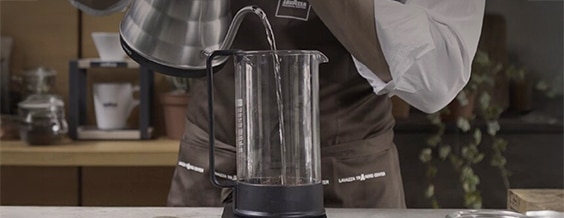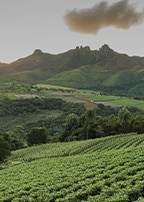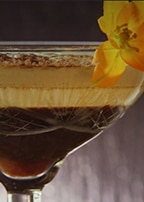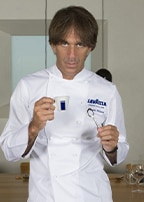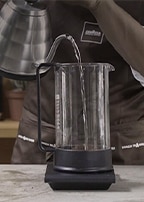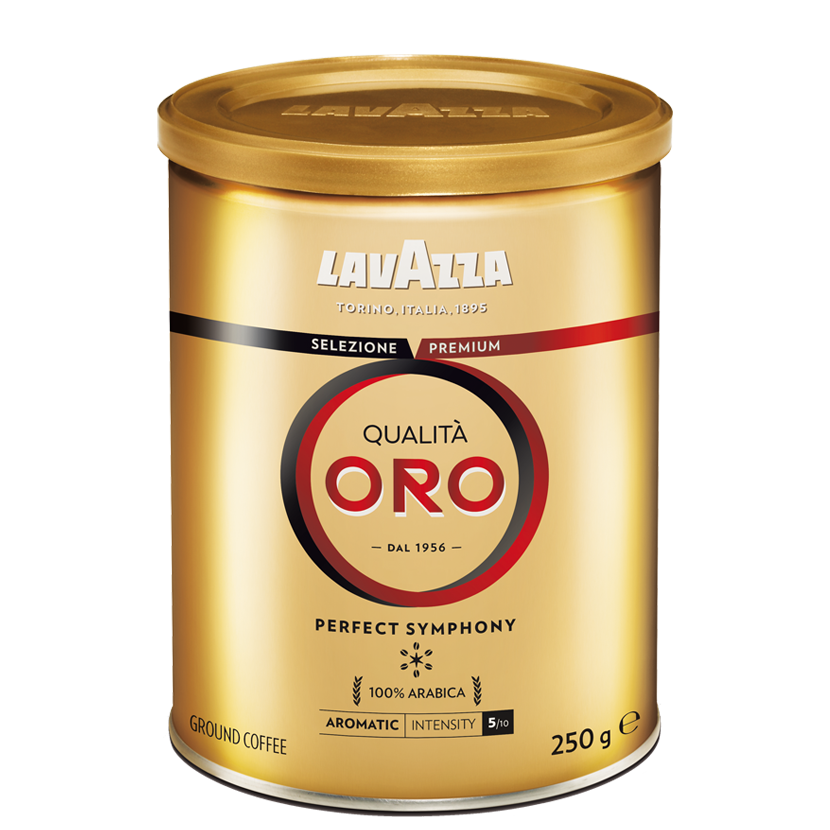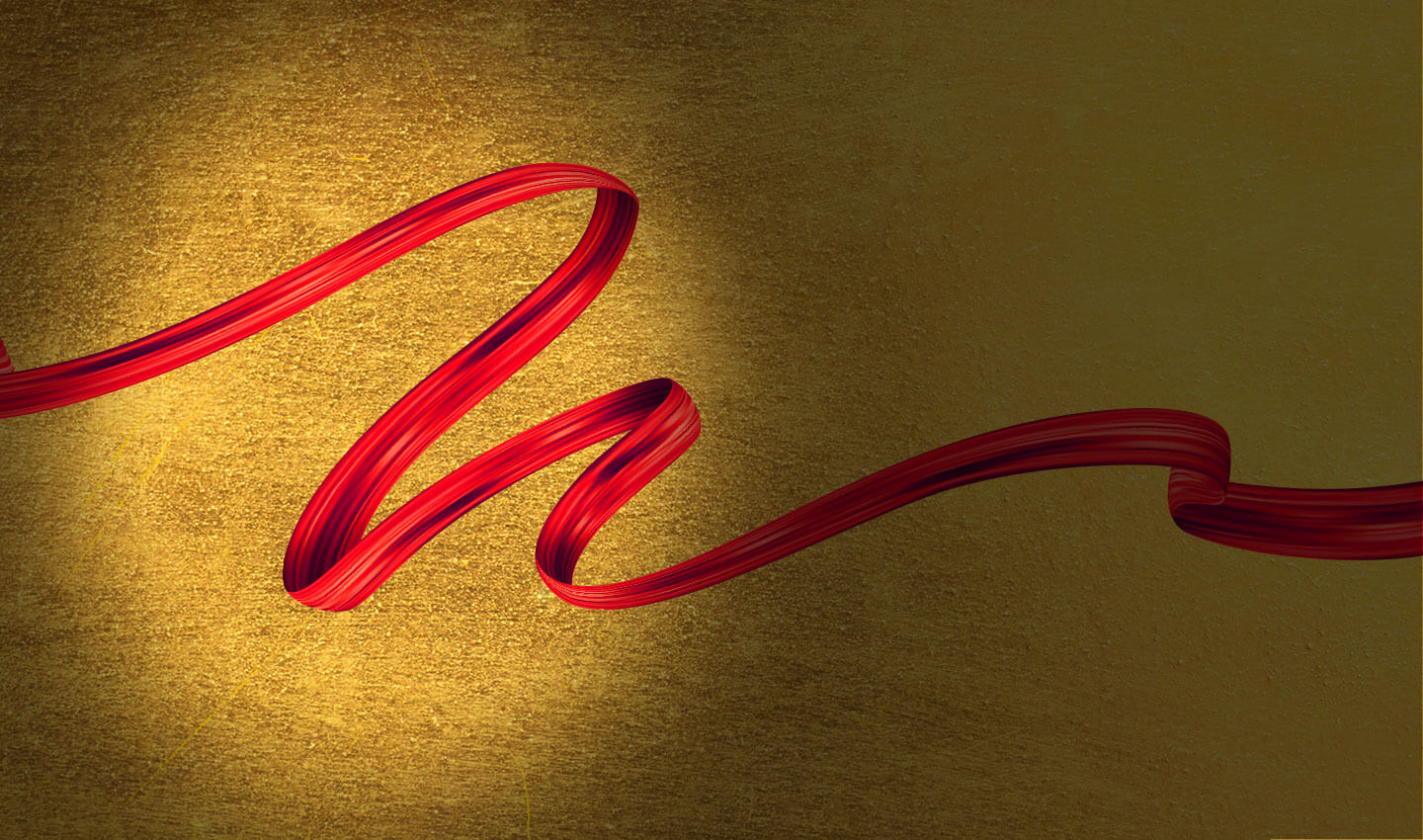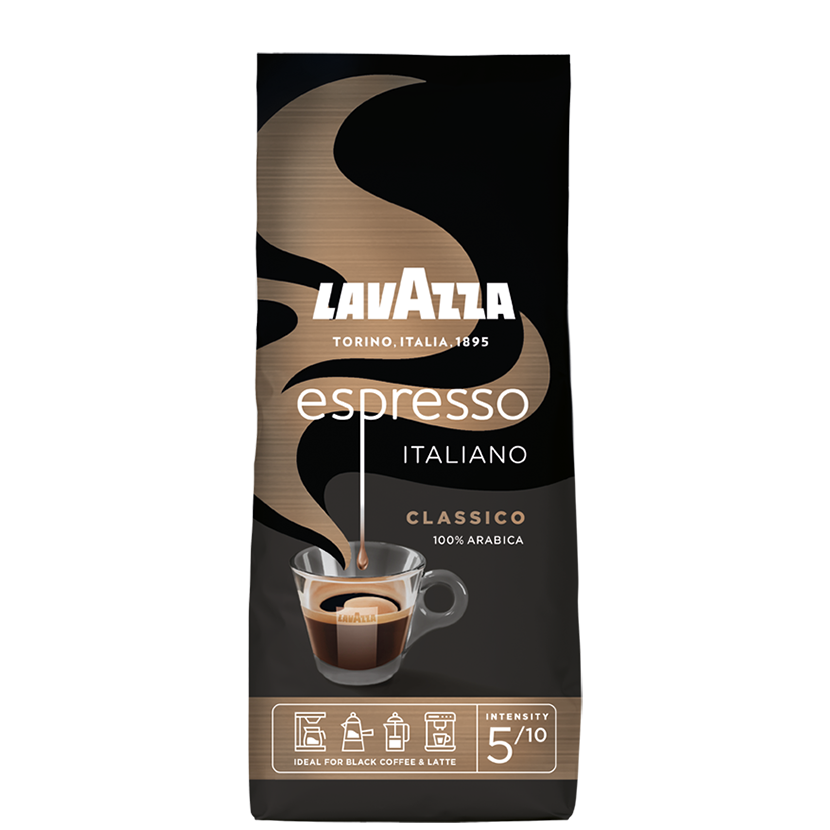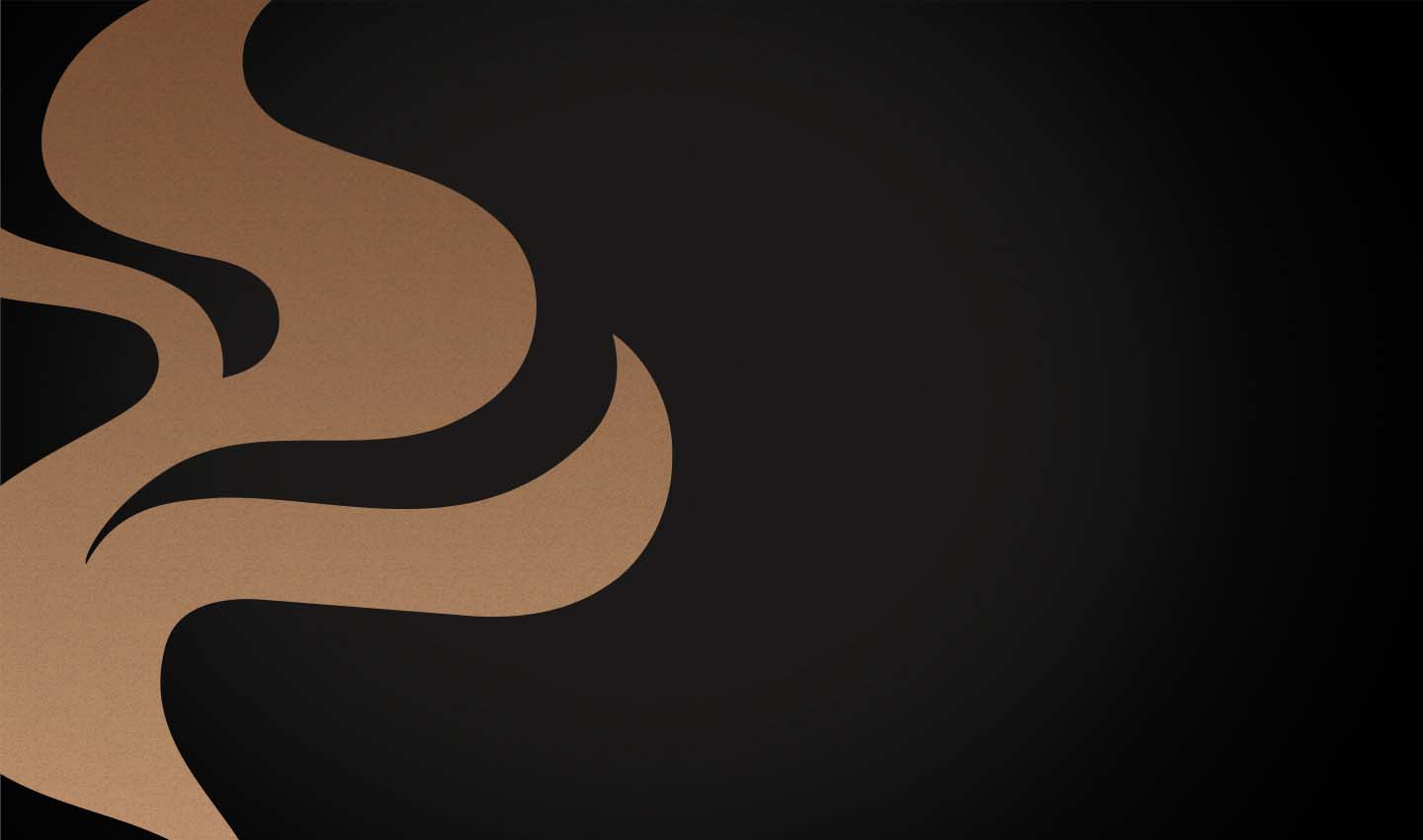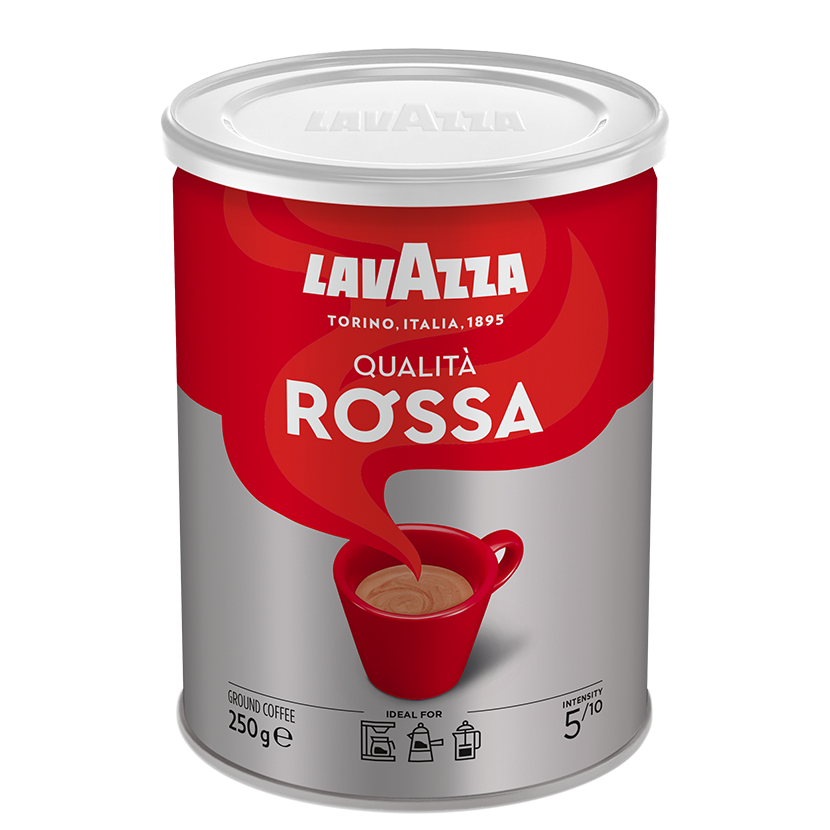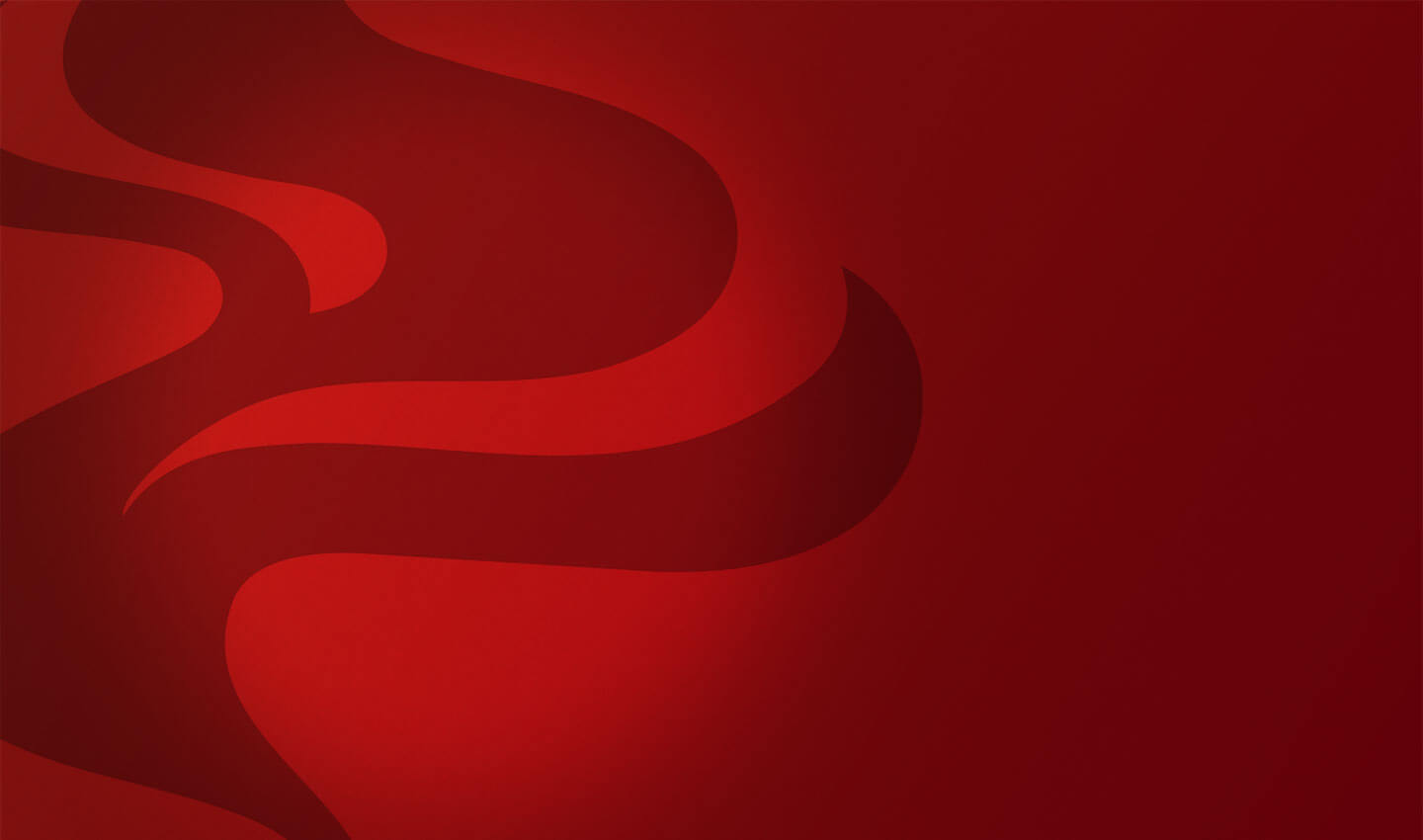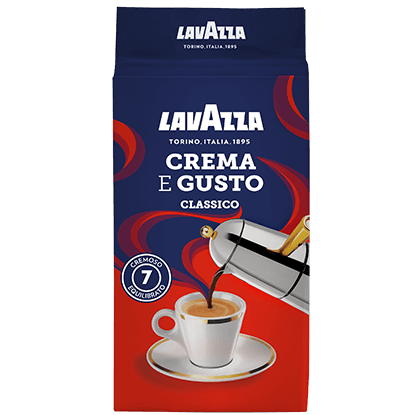*Lavazza is not affiliated with, endorsed or sponsored by Nespresso
Back
PRODUCTS
COFFEE
COLLECTIONS
BUSINESS
Lavazza World
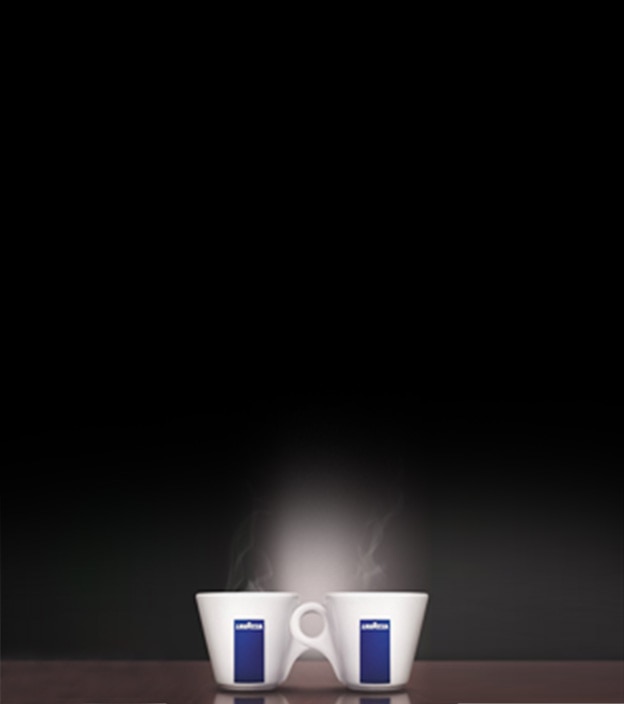
Lavazza and the art of blending
Lavazza Coffee is a century’s worth of coffee history, where various coffee varieties were combined to create harmonious and flavourful blends. This combination of artistry and expertise is evident in every sip.
Discover More
Solutions for your business
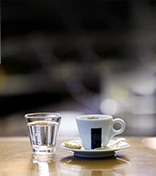
Food Service
Lavazza coffee for your business
The best solution for your business and enjoy the authentic taste of Italian coffee.
DISCOVER MORE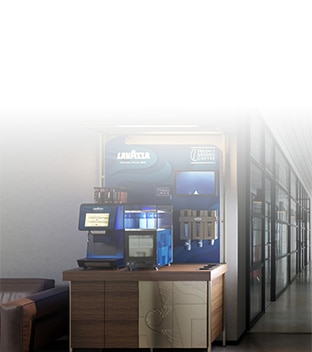
Business Solutions
Lavazza coffee for any location
With the Lavazza range, enjoy coffee-shop quality wherever you are.
DISCOVER MORE- Discover our environmental and social initiatives
- Meet the best experiences in our flagship stores
- Uncover a world of flavours, origins, preparations
